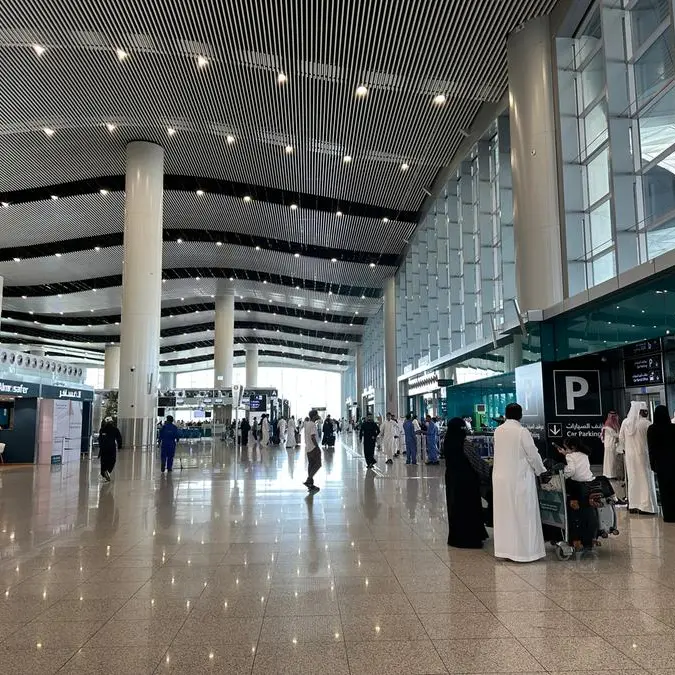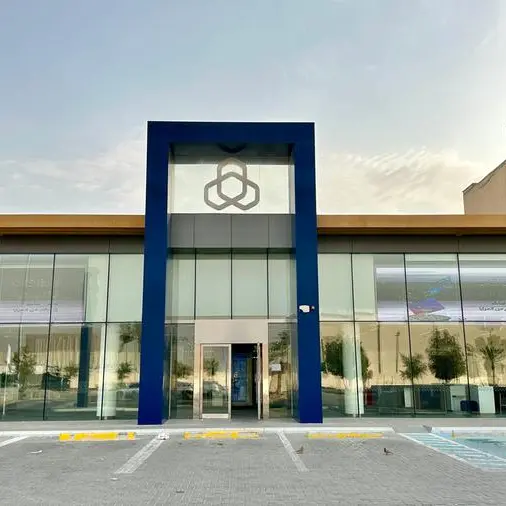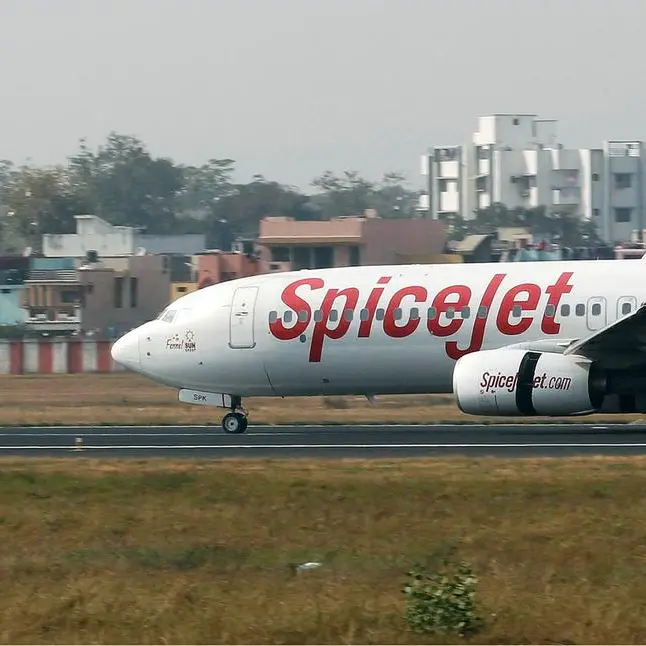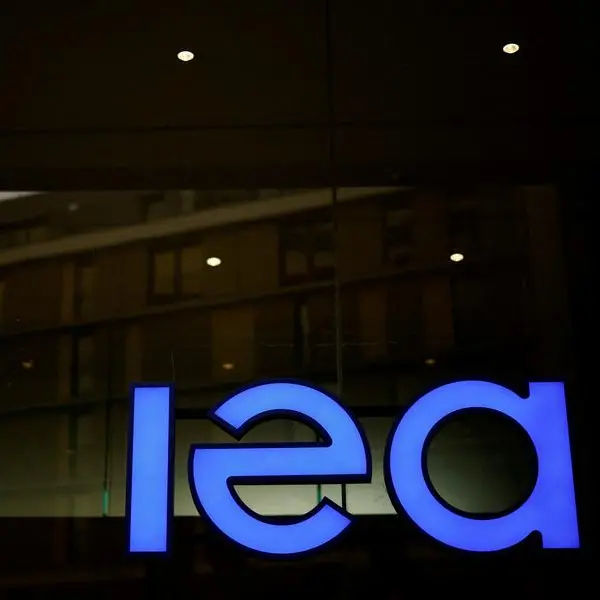Sweeping reforms are taking place in the energy sector in Saudi Arabia.
From a peak of $115 per barrel in June 2014 to under $35 at the end of February 2016, Saudi Arabia has been quoted as saying it wants to end its ‘addiction to oil’, according to Weforum.org.
The country is having to look ahead and put in place a plan b so that it can succeed in a post-oil era.
Renewable energy seems an obvious avenue to take advantage of. The country’s location makes it one of the most ideal places in the world for a renewable energy industry to thrive, bearing in mind it enjoys two of the main elements needed for solar power – climate and ample available land.
Saudi Arabia recently announcement back in March that they will build the world’s largest solar power generation project, which is estimated to cost $200m.
Heavily involved with Renewables Developments (RES) across the region is CESI, an industry-leader in technical consulting and engineering.
The company has been operating in the Middle East since 2012 and its global reputation for independent testing, inspections and certification services will ensure that the quality of the advice given and the new manufactured sites and plants remains at an internationally-required standard.
Back in 2001, the wider region was already understanding the future power of connecting the GCC to other countries and continents further afield and the GCC Interconnection Authority (GCCIA), was established to interlink all the national power systems.
There are now 25 interconnections among the GCC countries – a mix of electricity and gas – and the potential to now connect with neighbouring countries is being actively pursued.
With this new revenue stream developing, new interconnection infrastructures, network expansion and new technologies will be introduced and with that comes the need for quality assurance and control to monitor the components and supply to avoid the region being flooded by low quality parts and related problems.
The most effective way to ensure this high-quality standard across the board is through localised, independent and accredited laboratories, which provide electromechanical testing and technical services.
In October 2017, CESI signed an agreement with the GCC Electrical Testing Laboratory to develop and operate a state-of-the-art electrical testing facility in Dammam, Saudi Arabia called the GCC Electrical Testing Laboratory (GCC ETL).
The GCC ETL will be key in helping to support the electrical industry across the region in the coming years, providing the international standard of testing that is required to allow the GCC to interconnect electrical power between the six countries and beyond.
The lab will be a key asset to support the policies that Saudi Arabia is prioritising over the next few years in line with its Vision 2030. It will contribute significantly towards localising manufacturing and services, fostering a knowledge-based economy, energy sustainability and competitiveness, supporting research and enhancing energy efficiency.
Within the next future, CESI will sign a formal agreement with the GCC ETL and will then start work identifying low voltage opportunities, moving to high voltage opportunities in the near future. Once the lab is fully up and running, it will be one of the key drivers in the region’s energy sector and will reinforce Saudi’s position as spearheading the sectors’ growth in the region.
For CESI, a company that is relatively new to the region, it offers huge opportunities. Already in this short space of time, an important part of the company’s global business is now coming from GCC and Saudi Arabia in particular and the GCC ETL will increase this share over the coming years.
The future is looking bright for CESI. We look forward working together with key players in the energy sector supporting the energy transition in GCC and meeting the future challenges of this attractive and dynamic region.
Dr Floris Hendrikus Schulze is the managing director and head of CESI Middle East.
© 2018 ITP Business Publishing Ltd. All Rights Reserved. Provided by SyndiGate Media Inc. (Syndigate.info).




















